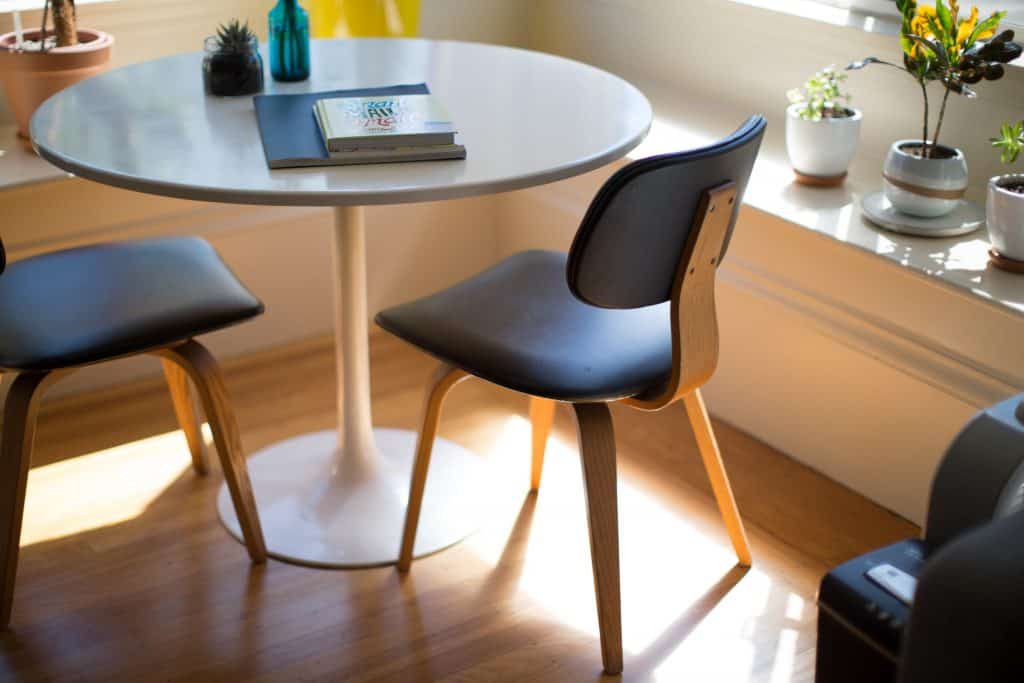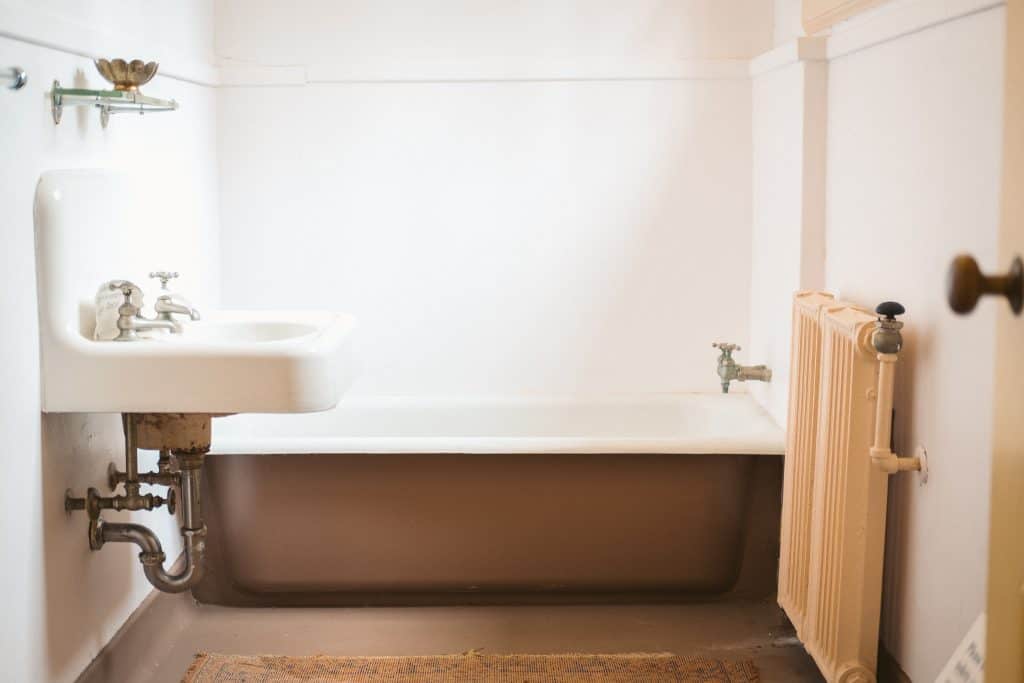Keep just the right stuff with these hints to keep you from relying on excuses when you make decisions.
One of the most frequently asked questions about pieces of paper I ask my clients is “is it important?” it works like a charm if they know the answer. It either is or it isn’t. Or is it?
Without a hierarchy in place it can be really difficult to know if something is important. Not taking the time to establish your own criteria, based on your own desires will keep you guessing as to whether or not some information is important.
Which one is more important?
The real problem is that there is very little discussion out there about how to establish that hierarchy. So, one mistake leads people to think they should just keep everything, just in case that one scenario happens again. You know, the one where you recycle the article about how to save money on your car insurance the day before your insurance agent calls.
All levels of importance are relative. That means that I don’t know how important something is to you until you tell me. I want you to be able to tell me why the folder in the file cabinet labeled “KEEP” and covered in cobwebs is just as important as the one on the desk labeled “IMPORTANT” and the one on the credenza labeled “VERY IMPORTANT” are being kept.
When you label everything with the same high level of urgency, they lose their importance. So, evaluate against what is currently relevant to you. This is a live in the moment situation. What was important last week is not necessarily important now. You can keep anything you want, you just have to know why.
Good news, your insurance agent is a professional and will tell you what savings options are available through her if you ask. No article needed.
More good news, I’ve got your how to determine if that piece of paper is important info right here. Just ask each question and answer based on your own desires, goals and values. Only then will you know if it is important enough to keep.
What is it?
- If it is for use very soon keep it until then.
- If it is for occasional use is there another way?
- If you don’t even know what you saved it for, it isn’t important.
What does it prove?
- If it proves an interaction with the government it’s highly important and should be kept indefinitely.
- If it proves an interaction with someone else, it is only important until that interaction is resolved.
- If it only proves something you already know, it’s not important.
What is the worst that can happen?
- If the world will blow up, keep it
- If you might have to request a replacement, it’s not that important
- If you will feel anxious about tossing it, lose it. That feeling is only temporary and the clear space can last a lifetime.
Even more good news, it works for stuff that isn’t paper too. Use it in your closet, kitchen, office and computer.
If you are going to keep just the right stuff, you need evaluation criteria.
I paid good money for that… but is it important?
One of the excuses my clients use when we are going through their clutter is “I can’t get rid of that, I paid good money for it.” Yes I said excuse.
The truth is that the amount of money we spend on something does not equate with its true value in your life. It just might be costing you more to keep it.
A favorite sweater purchased on sale and worn several times a month is more valuable than a designer sweater that doesn’t fit, and bargain is only a bargain if it is something you would have paid full price for anyway.
If you are going to use money, as criteria, for deciding what to keep and what to let go of, focusing on the value to you is a much better way to go.
- Clearing out the garage creates enough room to park the car in there. Saving you the price of a new paint job.
- Clearing out your storage space will save you enough to go to a movie every month, with popcorn and a date.
- Donating all the clothes that do not fit on you or in the closet creates a tax deduction. Enough for a great new piece to complete an outfit, one you will wear.
- Clearing out the clothes piled on the treadmill will save you the dry cleaning costs. Enough to buy new running shoes so you are comfortable using the treadmill.
- Selling the collection you inherited but are not interested in creates the extra cash to buy a special piece for your own collection.
- Clearing the junk you bought off the dining room table creates the space for healthy family dinners and save you the cost of drive thru meals.
- Donating the toys the kids leave on the stairs creates a safer home environment and can save the cost of a trip to the emergency room
Now that you have an idea of why getting rid of some things is valuable, let’s pick your favorites instead.
There is a good chance your favorite stuff is getting buried by all the other stuff you have.
Do you even know what and where your favorite stuff is? Taking some time to define your favorites – for every category of stuff you own, helps keep clutter in check.
It doesn’t matter if it is a favorite t-shirt hidden between the 2 swag (s*** we all get) shirts from that event at work, or the updated version of a contact list eclipsed by the last version with a hand written note on it, the less favorite options are in your way.
Take a look around. Where does your clutter pile up? Is it paper in the office? Is it too much stuff in the kitchen drawer? How about under the bathroom sink? The closet is another likely place you have some excess stuff.
All of these locations can be cleared of redundancy by using my Favorite or Less Favorite method of elimination. Just work around your space methodically and focusing on one small area at a time.
Here is how it works for any pile of already grouped together, similar and like-minded items:
- Pick your 3 favorites to keep. Put them away.
- Pick your 3 least favorites. Get rid of them (trash, recycle, donate).
- Repeat steps 1 and 2 until the pile is completely sorted.
- If the keep pile is still too big to fit in the allotted space, repeat this process, do not go get a bigger space.
- Congratulations! You have now eliminated 50% of your clutter.
When working on paper the version will be of the information on the paper. Which format do you prefer to get the information in?
In the closet keep in mind how wonderful it will be to not wear your “make do” outfit and turn out as your best self.
No more accidentally using the weird smelling lotion in the bathroom.
Hardly anymore burned pancakes when the best turner is the only one in the drawer.
Remember when you were a kid and only your favorite toy would do? That “just right” feeling is what we are looking for here. Life is too short to use things you don’t love. Keep only the best solution for you.
When new versions creep in, the piles start. So, whenever something new comes in, take a moment to evaluate it against the option you already have.
Know what you value and treat your toys well. Then it won’t really matter how much you paid for it.
Now I want to hear what you think. Let me know if you decided that keeping the article on growing hydrangeas is important if you live in the desert and would rather be hiking than gardening. Just put your comment in the comment box below.



